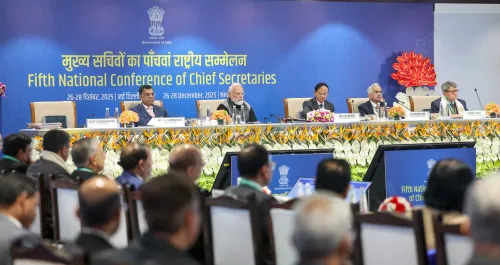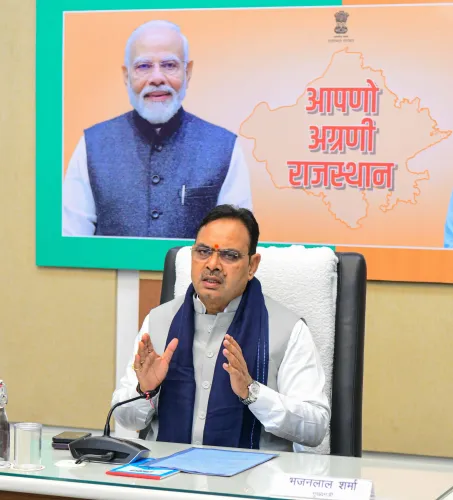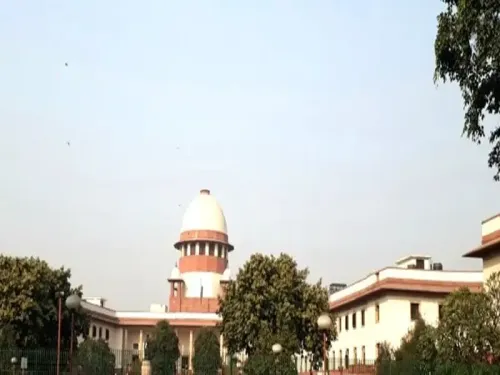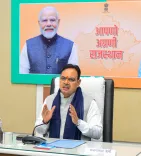Will SC Ensure Timely Registration of Sikh Marriages under Anand Karaj?
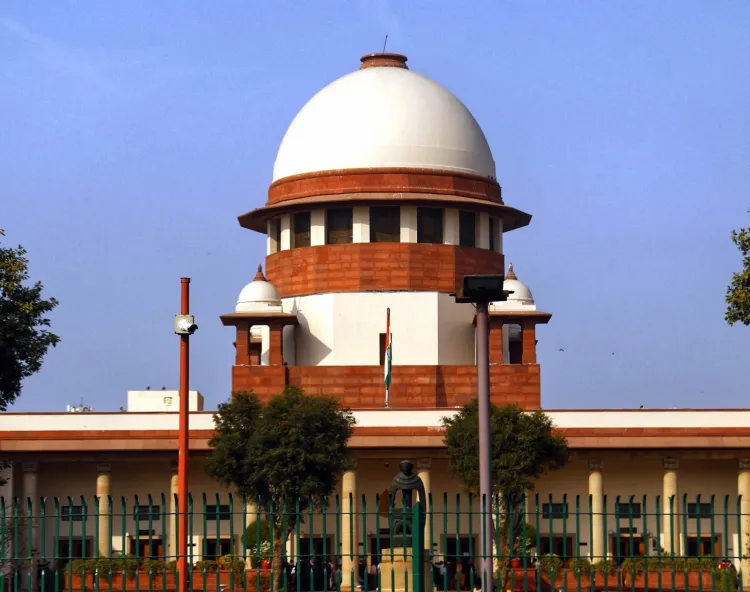
Synopsis
Key Takeaways
- Supreme Court mandates registration rules for Sikh marriages under the Anand Marriage Act.
- Four-month deadline for states and UTs to comply.
- Importance of marriage certificates for legal protections.
- Appointment of nodal officers to oversee compliance.
- Union government to coordinate the implementation process.
New Delhi, Sep 18 (NationPress) The Supreme Court has mandated all states and Union Territories (UTs) that have yet to establish rules under the Anand Marriage Act, 1909, to implement these regulations within four months. This directive aims to facilitate the timely execution of the law that permits the registration of Sikh marriages conducted through Anand Karaj.
During the proceedings, a bench comprising Justices Vikram Nath and Sandeep Mehta emphasized that although Parliament revised the Act in 2012 to empower state governments to formulate registration rules, numerous states and UTs have failed to comply. This has led to inconsistent access to a standardized legal process.
The bench was addressing a writ petition urging the establishment of the legal system and ensuring that the obligation to create rules is fulfilled promptly. This move is essential for guaranteeing access to marriage certification and its associated civil implications.
Stressing the significance of registration, the apex court remarked: "A marriage certificate serves as proof of status for residency, maintenance, inheritance, insurance, succession, and enforcing monogamy. It particularly safeguards the rights of women and children who rely on documentary evidence to obtain legal protections."
The order warned that inconsistent access to registration among states and UTs "creates unequal outcomes for similarly situated individuals" and "denies the very evidentiary and administrative advantages that Parliament has bestowed."
In its comprehensive directive to all states and UTs, the Supreme Court ordered that rules under Section 6 be developed and published within four months.
"Every respondent (states and UTs) that has not yet established rules under Section 6 of the Act shall do so within four months from today. The rules must be published in the Official Gazette and presented to the State Legislature in accordance with Section 6(4) of the Act," it instructed.
In the meantime, the apex court has directed authorities to process applications for the registration of Anand Karaj marriages "immediately and until such rules are enacted," ensuring that "no application for registration of an Anand Karaj marriage or for a certified extract shall be denied solely on the grounds that rules under Section 6 of the Act have not yet been established."
Furthermore, it mandated the appointment of Secretary-level nodal officers in each state and UT to oversee compliance and address concerns regarding the processing and certification of Anand Karaj marriages.
The Union government has been appointed as the coordinating body. Within six months, it is required to submit a consolidated status report to the Supreme Court and make this report available on the Union Ministry of Law and Justice website.
The apex court issued particular guidelines for Goa and Sikkim, instructing interim facilitation under the existing civil registration systems and urging the Centre to contemplate extending the Anand Marriage Act to these two states within four months.
"No authority shall demand an additional or duplicate registration under any other law once registration under the Act is granted, per Section 6(5)," the order clarified.



